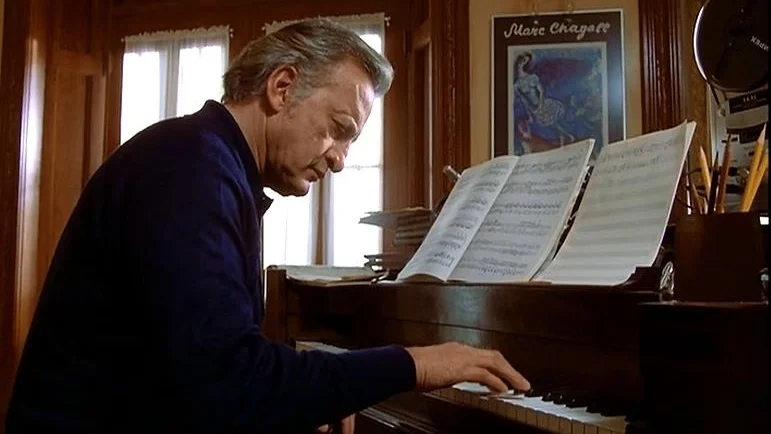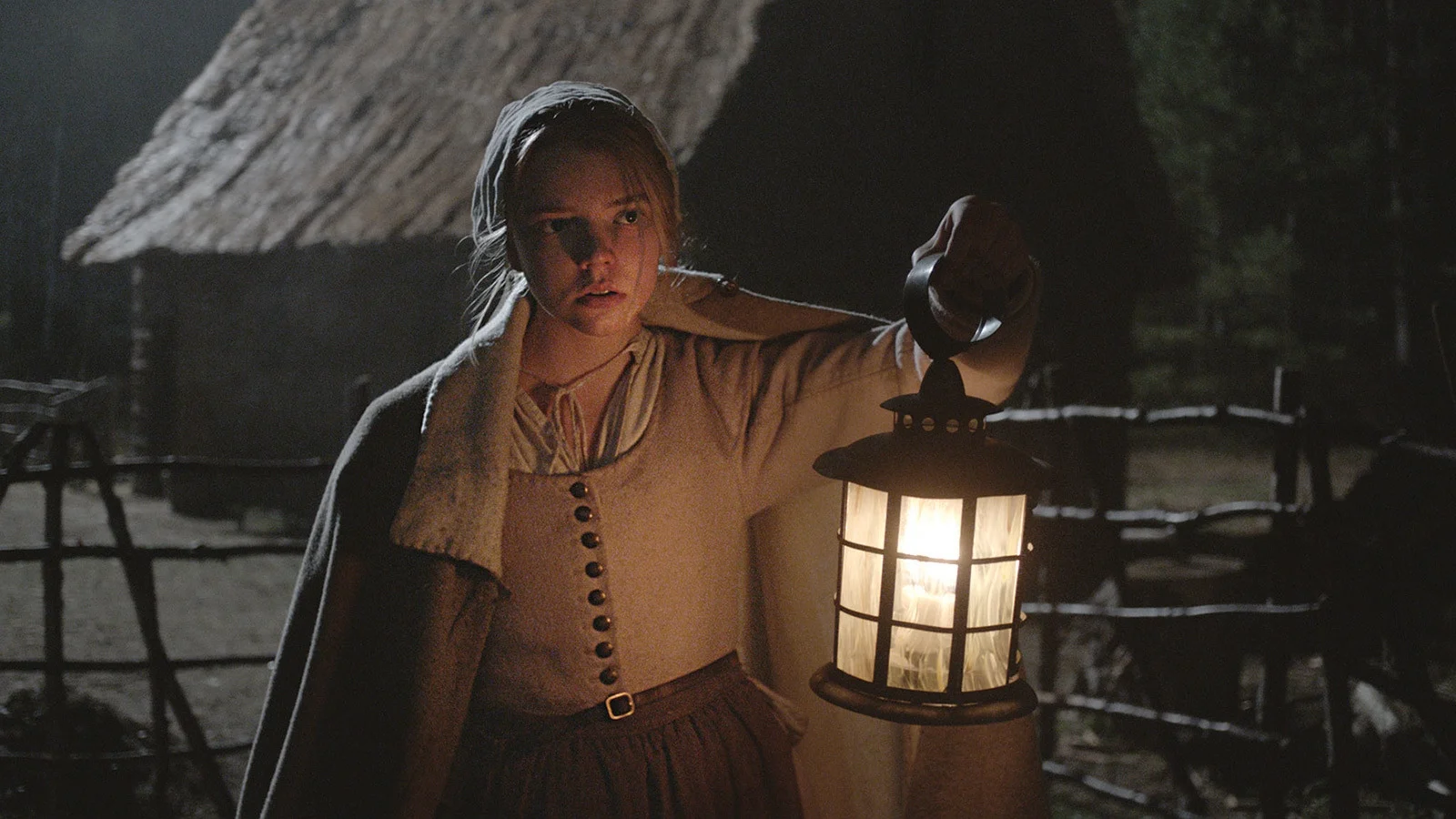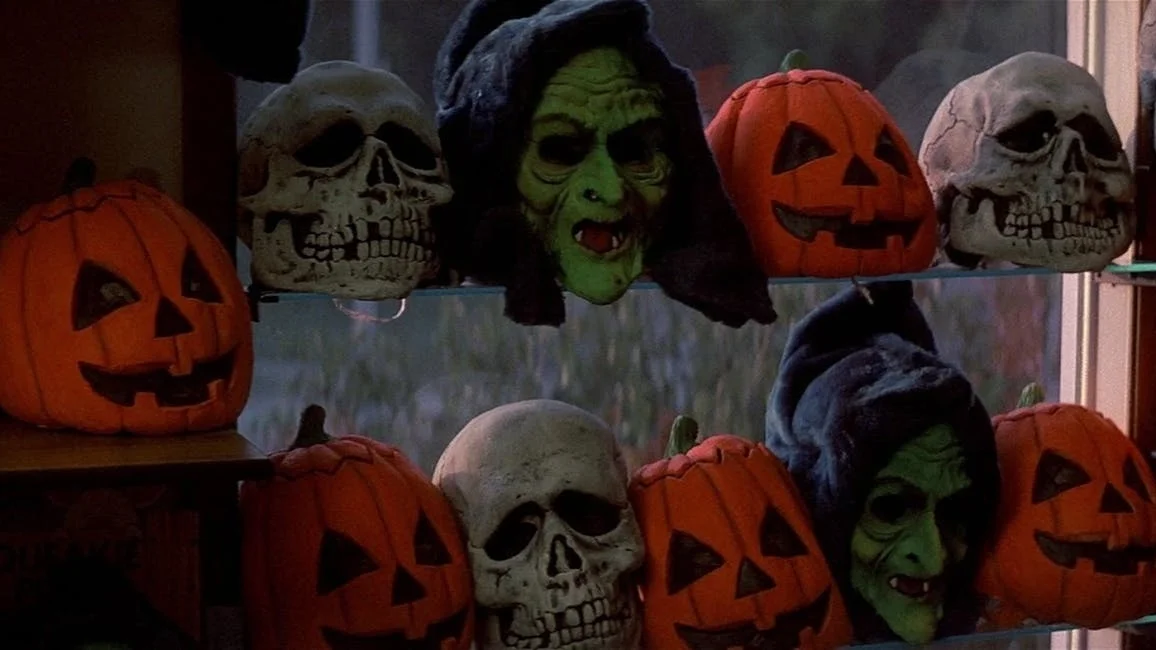A Grown Up Ghost Story: The Changeling
Released in 1980, The Changeling feels like a ‘70s horror film. Most of the films released in the first couple years of the new decade still have that tonal aesthetic; a thoughtful film rather than a brazen popcorn feature. Directed by Peter Medak and starring George C. Scott, The Changeling is a brooding film that toils in emotional grief. Lost in the shadow of The Shining (also released in 1980), Medak’s film is more of an emotionally rewarding experience as it transitions from a haunted mansion movie to a character-driven psychological horror story about a man righting the wrongs of the past in order to make peace with his own personal tragedy.
The story of The Changeling concerns John Russell (George C. Scott), a New York composer who loses his wife and daughter in a tragic traffic accident as he watches helplessly from a phone booth. It’s a visceral moment that benefits from a seasoned actor like Scott. To be honest, I usually prefer horror films where the protagonist is a smart and capable adult. This is not merely the exploitation of stupid mistakes commonly given to younger characters, but a grown adult who we expect more of, such as keeping his emotions under control in an impossible situation. His life is basically over after his family perishes in that accident. What kind of life can he live after that point?
The true story begins as John attempts to escape into his work in a gigantic gothic mansion just outside of Seattle. He believes that a huge music room will provide him with some much needed creativity, but a spirit inhabiting the mansion is drawn to John’s grief, eventually getting his attention with clanging pipes, groaning floorboards, and a water faucet that turns on under its own power. This mysterious activity forces John to proactively reveal the truth about the history of the house.
John’s effort to solve the mystery of who killed a disabled six-year-old in 1906 is essentially a casual journey into uncovering a sordid history. Yes, there are tried and true motifs of a bouncing ball traveling through the house, a creepy wheelchair, and a music box playing a foreboding melody, but the film succeeds due to John’s pragmatic approach to the paranormal elements. He’s not a scared kid acting foolishly; he’s a shattered guy that just wants to slip into his dark misery and never crawl out, but the past never dies.
There’s a fascinating theme that pulsates underneath the surface of this film; does one need catharsis to recover from tragedy? By implementing a character that has no business being in a procedural plot involving murder (he’s a music composer after all), the dramatic significance of the story focuses on a man facing the painful tragedy of his past head-on. John’s immersion in the history of this house and the terrible things that happened there connects to his own personal pain like a shot to the heart. If John hadn’t experienced his own personal loss, the story would pay a steep price. Luckily, George C. Scott’s performance is grounded and clear, allowing the creepy supernatural elements to expertly contrast his stoic nature.
It would be a disservice to spend any time discussing this film without giving massive amounts of credit to the score, composed by Ken Wannberg, Rick Wilkins, & Howard Blake. The theme feels classical in nature, but contains a masterful execution that haunts the tone of the piece. In what is arguably the best scene of the film, John holds a séance at the house and overhears the voice of the spirit. It is during this sequence that the score grabs hold of the viewer with its elegant and effective melody.
The plot turns, in which John’s investigation leads him to an old U.S. Senator, who was somehow involved in the murder, are taut and intriguing. The information that John gathers during the story is brilliantly spread out in an engaging manner, culminating in a horrific climax that feels both shocking and inevitable, a testament to the skills of Peter Medak (who previously directed The Ruling Class).
What separates The Changeling from other haunted house films is its ability to be chilling while still maintaining a respectable amount of subtlety. Make no bones about it, this is an extremely underrated horror film that digs deep and leaves a mark.











